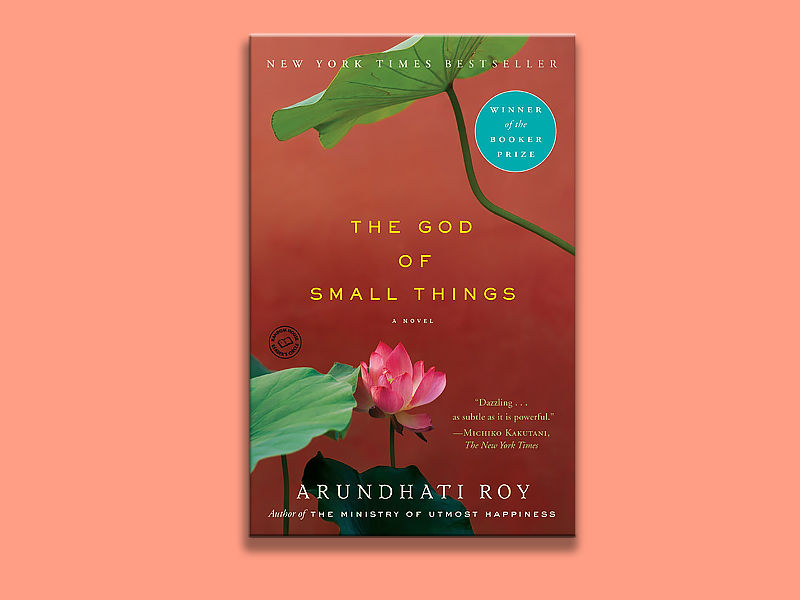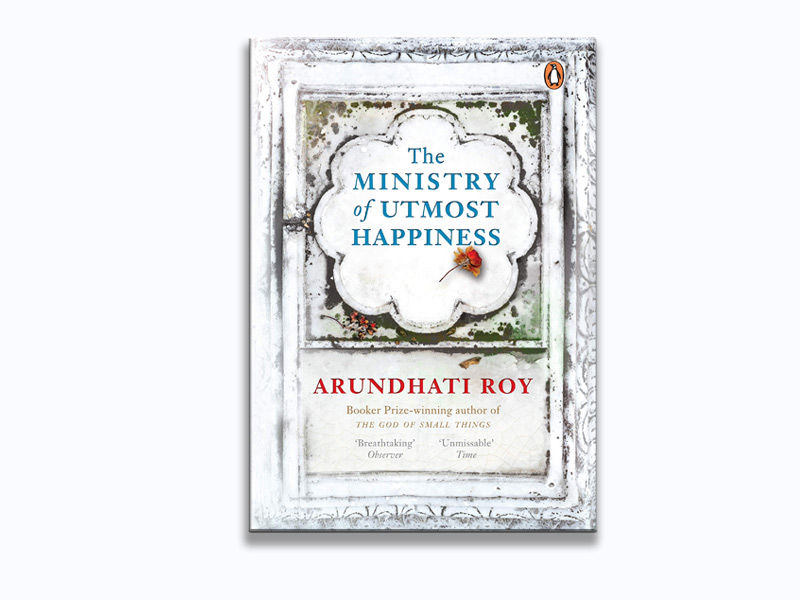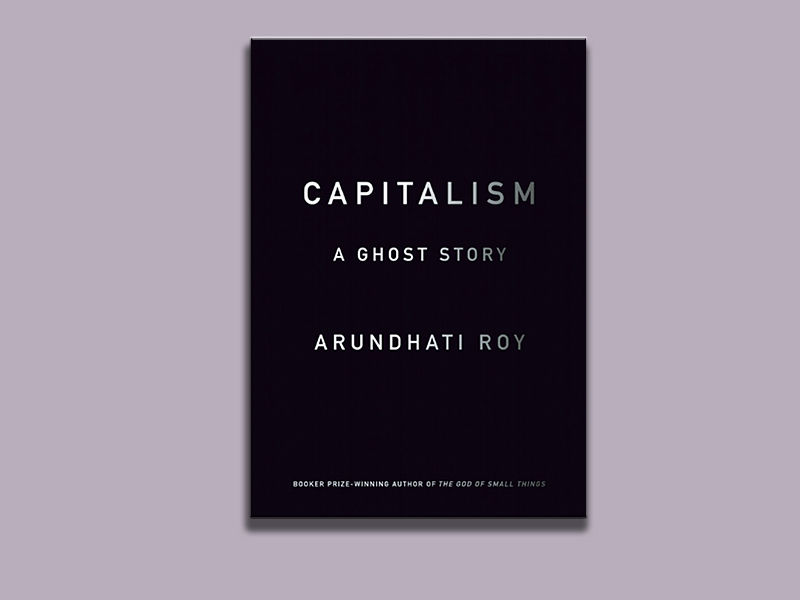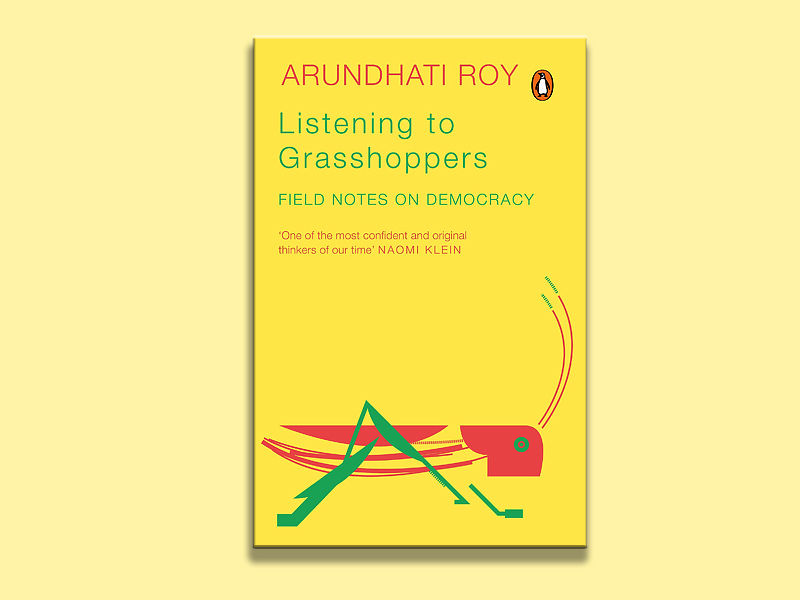Indian author Suzanna Arundhati Roy is best known for her 1997 book The God of Small Things, which won the Man Booker Prize for Fiction and quickly rose to the top of the bestseller list among non-expat Indian authors. She is a political activist who supports environmental and human rights causes.
She was born in Shillong but spent her early years in Kerala before moving to Delhi to pursue her interest in architecture.
She became successful after the 1997 release of her debut book, God of Small Things.
After that, she wrote numerous books, mostly focused on politics.
Here is a list of Arundhati Roy’s top 6 novels.
Also read: 5 Amazing Books by Jules Verne You Must Read
God of Small Things

Indian author Arundhati Roy wrote the family drama novel The God of Small Things. In his first book, Roy tells the tale of fraternal twins whose lives are ruined by the “Love Laws” that were in place in Kerala, India, in the 1960s. The novel examines how seemingly unimportant, little things can have a big impact on how people act and live. The novel also examines casteism’s enduring effects in India.
It was awarded the 1997 Booker Prize. The tale focuses on the early years of fraternal twins whose lives are ruined by the “There are “Love Laws” that specify “who should be loved and how. How much, too.” It took four years to write the book. It was also very contentious.
The Ministry of Utmost Happiness

The Ministry of Utmost Happiness transports us on a journey that spans many years, from the claustrophobic Old Delhi neighborhoods to the expanding new metropolis and beyond, to the Kashmir Valley and the forests of Central India, where war is peace and peace is war, and where, occasionally, “normalcy” is declared.
Twenty years after the publication of The God of Small Things, Roy’s ambitious, unique, and the menacing second book combines brutality and tenderness, mythic resonance, and news-worthy material. One of its two main characters is Anjum.
Capitalism: A Ghost Story

There are ghosts almost everywhere you turn in India, from the tainted rivers, dry wells, and clear-cut forests to the hundreds of thousands of farmers who have killed themselves to escape crushing debt and the hundreds of millions of people who survive on less than $2 per day. India has 1.2 billion people, but the top 100 wealthiest citizens own assets worth one-fourth of the country’s GDP.
In its examination of the dark side of democracy in modern India, Capitalism: A Ghost Story demonstrates how the demands of globalized capitalism have subjected billions of people to the harshest and most extreme forms of racism and exploitation.
Arundhati Roy, a writer who won the Booker Prize.
Field Notes on Democracy: Listening to Grasshoppers

“Beautifully crafted, pitch-perfect prose. She uses the language of terrible beauty to bring to our attention India’s daily tragedies and urges us to express our outrage once more.” written in response to recent events in India, which saw the government launch a full-scale war, “Operation Green Hunt,” against the tribal Naxal community defending their land in central India), and a previously unpublished essay also addressing the government’s response to the tribals’ demands for greater land rights.
A government investigation and threats of imprisonment were brought about by Arundhati Roy’s writings on the Naxals and her public support for their cause, which sparked worldwide petitions and outcry in her defense.
The Algebra of Infinite Justice

The book that was released in 2001 is also a collection of essays that focus on various viewpoints on both local and global issues. The abuse of nuclear bomb showoffs is one issue that the book raises. Arundhati Roy, who won the Booker Prize, collected her essays in The Algebra of Infinite Justice (2001).
The book covers a wide range of topics, such as India’s political euphoria following its successful nuclear bomb tests, the environmental impact of public works projects, the impact of foreign multinational corporations on policy in developing nations, and the “war on terror.” In her book My Seditious Heart, she later republished some of the essays from the collection in addition to new writing.
My Seditious Heart

My Seditious Heart gathers the work of a two-decade period when Arundhati Roy devoted herself to the political essay as a way of creating space for justice, rights, and freedoms in an increasingly hostile world. It is bookended by her two award-winning novels, The God of Small Things (1997) and The Ministry of Utmost Happiness (2017).
When read as a whole, the essays convey a singular spirit that is characterized by courage, clarity, and compassion. They are radical and incredibly readable, and they consistently speak out against the divisive logic of the financial, social, religious, military, and governmental elites on behalf of the group, the individual, and the land.





























